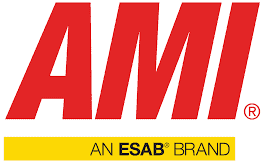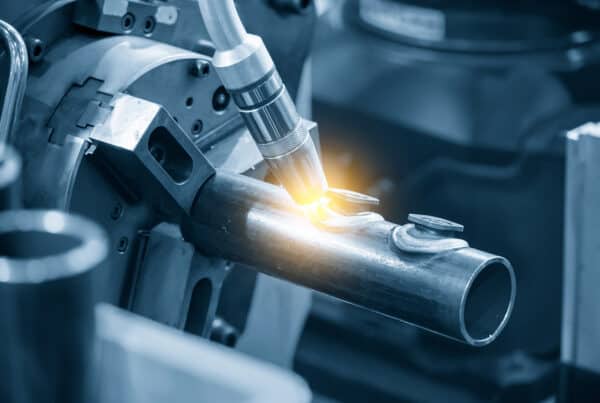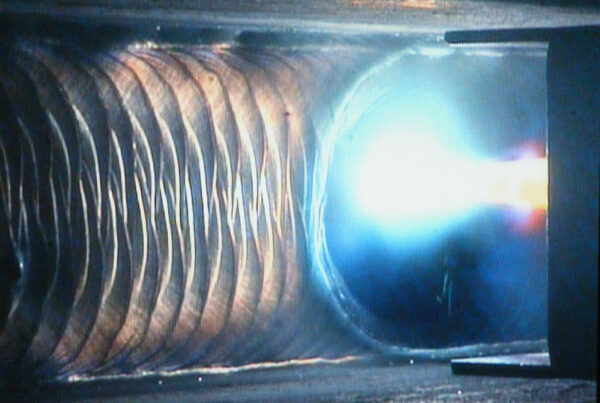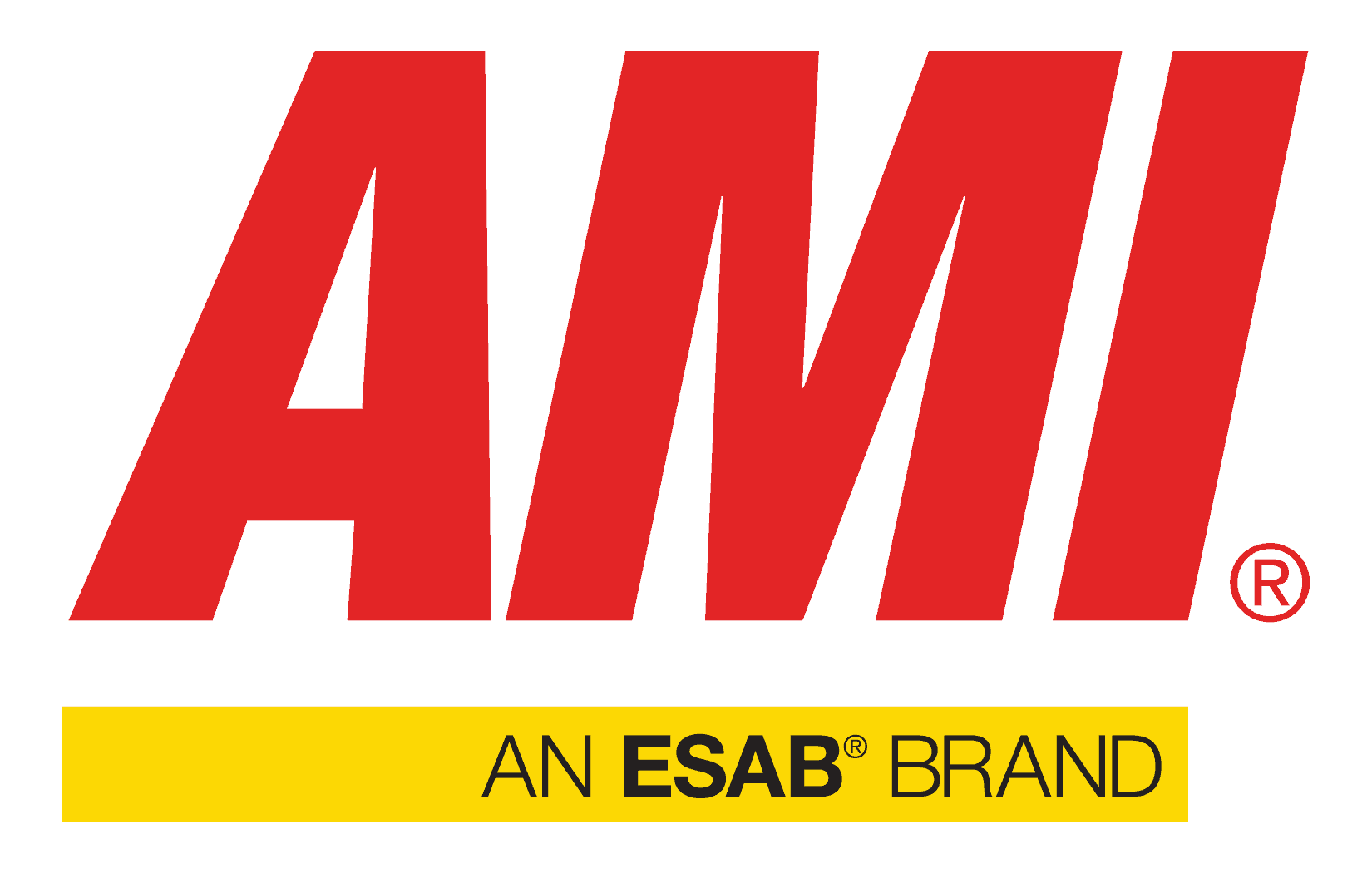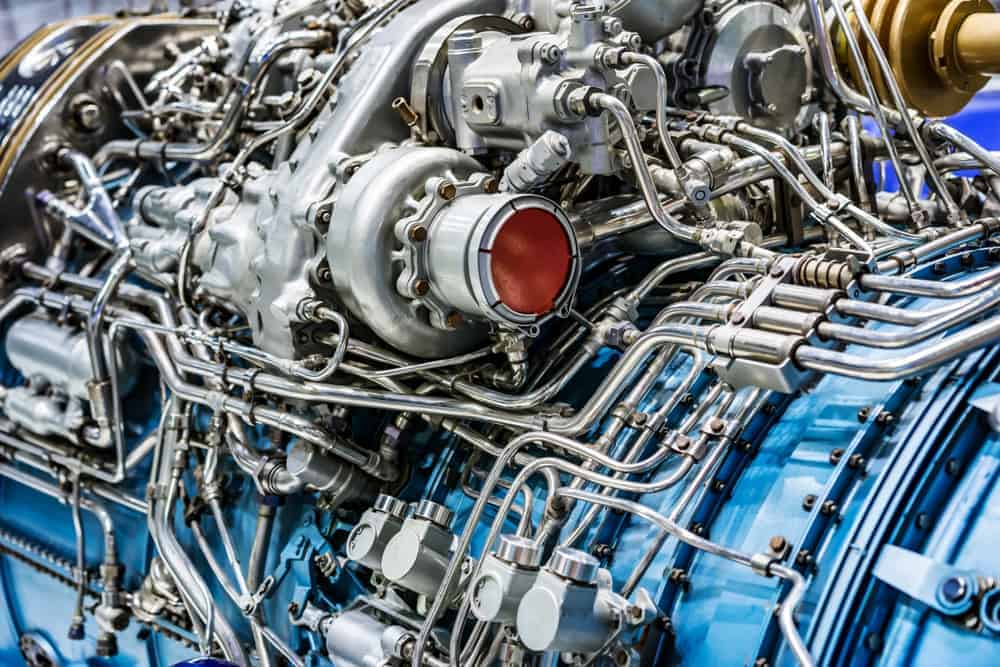
Titanium is a corrosion-resistant metal with a polished appearance used in industries ranging from aerospace to petrochemical. Although the metal is less dense than other widely-used steels, it can provide equal or greater strength. When working with titanium, though, there are specific considerations for welders.
Applying conventional welding processes to titanium can increase the risk of atmospheric contamination and embrittlement. In such cases, selecting the right titanium welding machine and the ideal welding process is crucial to ensure high-quality welds. Many welding processes like SMAW (Shielded Metal Arc Welding), GMAW (Gas Metal Arc Welding), and GTAW (Gas Tungsten Arc Welding) are possible for welding titanium. In this article, we’ll discuss the applicability of these options and how they influence welding machine selection for reliable titanium fabrication.
Titanium Welding Basics
Titanium is a tricky metal to fabricate. And although industries prize titanium for its high strength and durability, welders often find it challenging to work with. This is because of titanium’s unique properties and the extensive care required when welding it.
Contamination is a significant risk when welding titanium. And unfortunately, potential contaminants include gases easily found in the atmosphere, such as oxygen, nitrogen, and hydrogen. As the heated titanium is exposed to the atmosphere during welding, the following can occur—
- Titanium can burn in pure oxygen at around 600°C
- Titanium can burn in pure nitrogen at 800°C
- Above 400°C, an oxygen/nitrogen-affected diffusion zone with high brittleness can form
- At temperatures lower than 100-150°C, hydrogen concentration greater than 250 to 500 wppm can result in hydrogen embrittlement at a slow strain rate.
These changes in chemical attributes can result in a loss of mechanical integrity. Deformation and cracking can start at the microstructural level at the diffusion zone, causing the degradation of metal and failure of the tube and piping system. When selecting a titanium welding machine, opt for one that can facilitate the protection of the weld pool from atmospheric contamination while ensuring proper temperature control.
Exploring Titanium Welding Options
Titanium welding can be performed using conventional arc welding methods. However, not all welding processes can produce the best result. For instance, SMAW uses the fluxed electrode to perform the weld but leaves behind slag in the process. As a result, this may not be the ideal process for welding a metal like titanium that is very reactive to contaminants.
Welders use GMAW because it provides good weld penetration and atmospheric shielding, important attributes for welding a metal like titanium. However, without careful parameter setting, GMAW may risk burning through the titanium plate—in addition to issues like lack of fusion and other common weld defects. For this reason, only titanium plates more than 3mm thick can be welded using GMAW. Another issue with GMAW concerns titanium vapor. This vapor produced during welding combusts when it comes in contact with the atmosphere, leaving behind a dark deposit in the weld that makes it difficult to assess the weld quality using the color guidance chart.
GTAW is the most common process of all for titanium welding. It provides greater control over the welding input while ensuring adequate shielding gas for the weld pool. While GTAW can produce clean and precise welds, it is important that welders understand the importance of surface cleaning, joint preparation, shielding gas backup, and filler metals before the weld starts. Although GTAW doesn’t require filler metals when welding butt joints with 2.5mm or less base metal thickness, thicker sections should use filler metal.
When selecting your titanium welding machine, determine the welding technique you want to use and assess welding conditions; then select the appropriate machine.
Selecting a Titanium Welding Machine for the Best Possible Outcome
Precision welding titanium requires a system that can meet critical weld requirements, such as voltage, temperature, current, and feed rate. Orbital welding provides automated precision, speed, and consistency, enabling high-quality welds for a potentially risky metal like titanium. Whether you opt for the orbital GTAW or GMAW process, you’ll need to select the appropriate titanium welding machine for a safe and smooth welding project.
Arc Machines, Inc. is a leading provider of orbital weld heads and power supply systems that are compatible with titanium welding machines for industrial welding applications. For inquiries regarding products, contact sales@arcmachines.com. For service inquiries, contact service@arcmachines.com. Contact us to arrange a meeting. Arc Machines welcomes the opportunity to discuss your needs.
